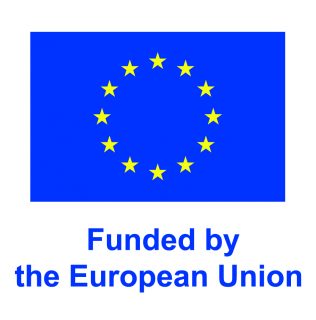Project name: Strengthening Europe’s position in the global context: science diplomacy and intercultural relations
Project number: 770523
Call Number: H2020-SC6-ENG-GLOBALLY-2016-2017
Total budget: 2 499 861.25 €
UVMB’s budget: 14 687.50 €
Funding rate: 100%
Duration:
1st December 2017 – 30th June 2022.
Summary:
The European Commission calls for the development of effective science diplomacy (SD) for Europe. InsSciDE – Inventing a Shared Science Diplomacy for Europe – responds to this call with a hypothesis: Member States have a great capital of experience on which to draw. Domestic and transnational initiatives have long used science in global diplomatic engagements, in a diversity of ways and contexts. But this practice is fragmented, unrecognized, or lacking an overall model for leveraging and consolidation. InsSciDE will reveal, formalize and communicate this intangible capital, develop its conceptual bases and elaborate tools to help European SD emerge and blossom. From first questions to final tools and training, we lead this process from inside science diplomacy – hand in hand with its practitioners, potential practitioners and other stakeholders. Those who deploy, direct and benefit from SD are co-inventors, end-users and ambassadors for the project, accompanied by a research consortium associating academic excellence and high competence in stakeholder engagement. An ambitious communication program presents InsSciDE to an international audience for feedback, widely disseminates the findings and intellectual products, and ensures their legacy.
InsSciDE devises a process through which new knowledge on past and present SD in Europe fuels the elaboration of shared policy and training tools. InsSciDE ‘s five interrelated goals are: Reveal and connect experience; map into theory and strategy frameworks; generate guidance; foster linkages; disseminate and sustain learning. Its high ambitions are made feasible by a project consortium of 14 respected research and training institutes from 11 countries spanning Europe, plus UNESCO; by explicit interest and support from European Academies of Science and from existing networks of diplomatic Attachés and Counselors for science, technology and innovation; and by the commitment of a high-level and diverse Advisory Board.

